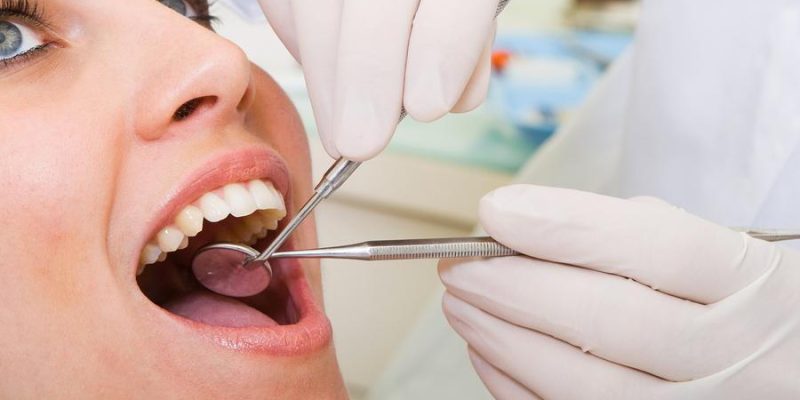Gum disease can develop due to bad oral hygiene, hormonal changes, excessive sugar consumption, some medical conditions, and medications. In these circumstances, there is an imbalance between good and bad mouth bacteria, leaving the gums attacked. As gum disease or periodontal disease progresses, it may end up in the bloodstream, causing severe overall health problems. Gum disease has been associated with different diseases, such as rheumatoid arthritis, diabetes, dementia, stroke, and respiratory disease.
To determine if you are suffering from gum disease, you should take advantage of Powell, TN dental services from a reputable dentist. Often, the symptoms of this problem only show up when it has advanced to become periodontitis. When this happens, you may lose your teeth or require extensive and expensive treatments. You may have periodontal disease if you experience the following symptoms:
Red, Swollen Gums
If you have periodontal disease, your gums will be irritated. This happens due to the buildup of tartar on the teeth and the production of toxins that aggravate the gums. Should the swelling persist for a few days, see your dentist as soon as possible and get an examination. Swollen gums may also result from poor nutrition, changing oral care products, new medication, and food stuck between teeth. A dentist will rule out such issues before they determine the development of gum disease.
Gum Bleeding After Brushing or Flossing Your Teeth
Gum disease starts with gingivitis, which is often characterized by bleeding gums. But just because your gums bleed does not mean you always have gingivitis. Bleeding is also common when you brush your teeth too hard or floss repeatedly for a long time. Sometimes, bleeding gums also occur due to hormonal changes.
If none of these problems are related, you may have gingivitis. Thankfully, your dentist can reverse such impacts when you visit them on time.
Bad Breath
If you have foul breath, rinse your mouth with an antibacterial mouthwash, and do not eat foods such as garlic or onion for a while. If your bad breath is not due to periodontal disease, you may need a professional dental cleaning.
Gum disease makes gum pockets where odor-causing bacteria live. These bacteria could be the cause of the odor. In this case, your dentist may clean out these pockets by carrying out scaling and root planing.
Longer Teeth
As bacteria pockets deepen, your gums will pull away from the teeth, causing them to look longer. When your gums recede, your teeth can become more exposed, causing painful dental sensitivity.







Comments